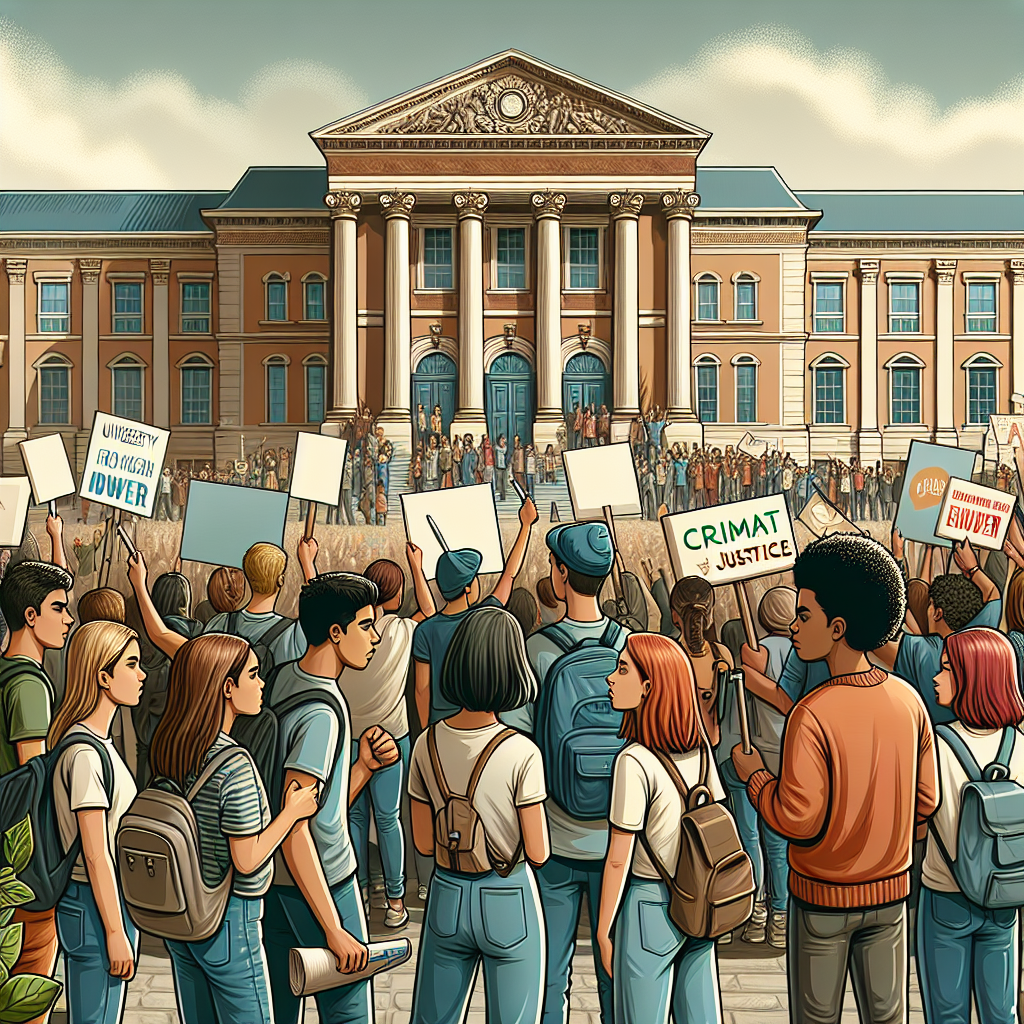Serbia's Unrest: Kremlin Weighs in on Potential 'Colour Revolution'
The Kremlin expressed concerns about possible 'colour revolution' tactics influencing anti-government protests in Serbia. Despite clashes between Serbian police and protesters demanding snap elections, Russia trusts Serbian leadership to restore stability. Serbia's President Aleksandar Vucic suspects foreign involvement, as his government faces unprecedented pressure and upcoming elections.

The Kremlin has voiced concerns over ongoing anti-government protests in Serbia, suggesting they could be part of a 'colour revolution' plot. The political unrest in Serbia, a known Russian ally, has drawn significant attention from Moscow, with officials pledging confidence in Serbia's ability to quell the disturbances.
On Saturday, Serbian law enforcement clashed with demonstrators calling for early elections, challenging the 12-year incumbency of President Aleksandar Vucic. Kremlin spokesperson Dmitry Peskov hinted at strategic influence from external entities aiming to destabilize the region, although he expressed certainty in the Serbian president's capabilities to restore order swiftly.
President Vucic, under pressure amid these months-long protests which have included significant public sector disruptions, suspects shadowy 'foreign powers' of attempting to undermine his administration. The protests pose a significant challenge with Vucic's term and parliamentary elections concluding in 2027.
(With inputs from agencies.)
ALSO READ
Serbia's Streets Erupt: Protests Challenge Vucic's Rule
Serbia's Struggle: Students Lead Massive Anti-Government Protests in Belgrade
Kenyans Mobilize: A Year On from Anti-Government Protests
Tensions Escalate in Serbia Amid Anti-Government Protests
Tension Rises as Serbian Students Rally Against Vucic's Firm Grip










